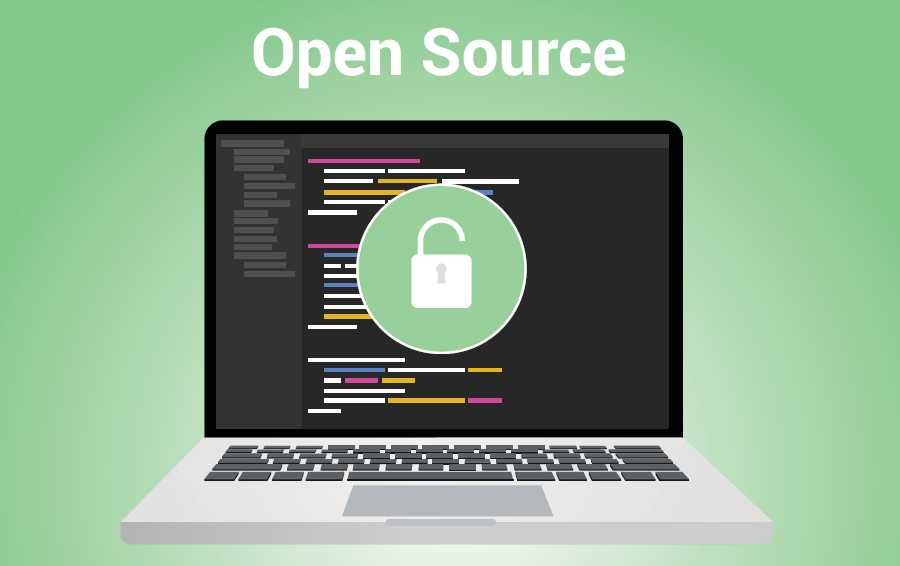
[STUDENT POLICY BRIEF] Has the time come to end anonymity on social media?
25 July 2023
[STUDENT POLICY BRIEF] Should Interoperability across Social Media Platforms be mandatory in the EU?
31 August 2023By Simonas Zilinskas-Inta, Lukas Hübner, Barbora Bromova & Lionel Perruchoud
The Digital, Governance and Sovereignty Chair publishes, on a regular basis, the finest essays and papers written by Sciences Po students in the course of their studies.
This Policy Brief has been selected as one of the best works written during the course taught by Pr Florence G’sell “Comparative Approach to Big Tech Regulation” in Spring 2023.
This policy brief examines the role of open source software (‘OSS’) in the European Union (‘EU’) and its potential to enhance digital sovereignty, innovation and efficiency. OSS offers several advantages over proprietary software, such as:
• Lower costs and higher efficiency;
• Greater transparency and security;
• More alignment with European values and principles.
However, the paper identifies several challenges that OSS faces, such as:
• Lack of awareness and visibility about the current and potential roles of open source;
• Lack of funding and incentives to contribute;
• Governance problems in open source project communities.
The paper reviews existing legal frameworks and policy initiatives at the EU and national levels that support OSS development and adoption. It highlights:
• The licence system that facilitates the sharing and reuse of OSS across public administrations;
• The Open Source Software Strategy 2020-2023 that outlines the EU’s vision and actions for OSS;
• The German Sovereign Tech Fund that provides financial and technical support for OSS projects.
The brief concludes with some policy recommendations to improve the current strategy and foster a more robust and diverse OSS ecosystem in Europe to fully harness the benefits of open source software. The recommendations include:
• Inverting the standards for public procurement of proprietary software and prioritising OSS solutions;
• Improving software catalogues for trusted OSS and increasing their usability;
• Integrating OSS into EU strategic goals and programmes, such as open science, Horizon Europe, Next Generation Internet, and Interoperable Europe Act;
• Scaling up the Sovereign Tech Fund model at transnational, national and regional levels to address specific needs and opportunities.

Simonas Zilinskas is a product manager at Open Source Politics, a company that builds and implements technology solutions to facilitate citizen engagement. Over the past few years, he has worked in both the public sector and emerging technology initiatives, in an effort to strengthen the bridges between them. He has promoted good practices for technology procurement at the Ministry of Economy of Lithuania, contributed to the work of the GovTech Lab, and encouraged informed voting through technology with Municipales.app.
Master in European Affairs at the School of Public Affairs of Sciences Po. Policy stream: Digital, New Technology and Public Policy

Lukas Hübner holds a Bachelor in Business Administration from the University of St. Gallen. His main interest lies at the intersection between Policy, Strategy and Innovation. He is especially curious about how digital transformation can help deliver excellent public services.
Master in Public Policy at the School of Public Affairs of Sciences Po Policy stream: Digital, New Technology and Public Policy

Barbora Bromova has been trained in interdisciplinary social science research at the University of Amsterdam, completing her Bachelor of Science in Politics, Psychology, Law and Economics in 2022. Outside academia she has delved into the field of artificial intelligence, data-enabled innovation, and ICT for development, assisting the Czech AI ecosystem in responsibly developing and deploying AI for public good through prg.ai.
Master in Public Policy at the School of Public Affairs of Sciences Po. Policy stream: Digital, New Technology and Public Policy.

Lionel Perruchoud is currently pursuing a double master’s degree in Public Policy at Sciences Po and International Affairs and Governance at the University of St. Gallen. With experience working in the start-up ecosystem and in public institutions, he is dedicated to exploring the potential of cross-collaborations between the private and public sectors to drive positive change in the field of artificial intelligence and emerging technologies.
Master in Public Policy at the School of Public Affairs of Sciences Po. Policy stream: Digital, New Technology and Public Policy

![[STUDENT POLICY BRIEF] European Open Source Software Policy as a Countermeasure to Big Tech Dominance Slide](http://www.sciencespo.fr/public/chaire-numerique/wp-content/plugins/revslider/public/assets/assets/dummy.png)
